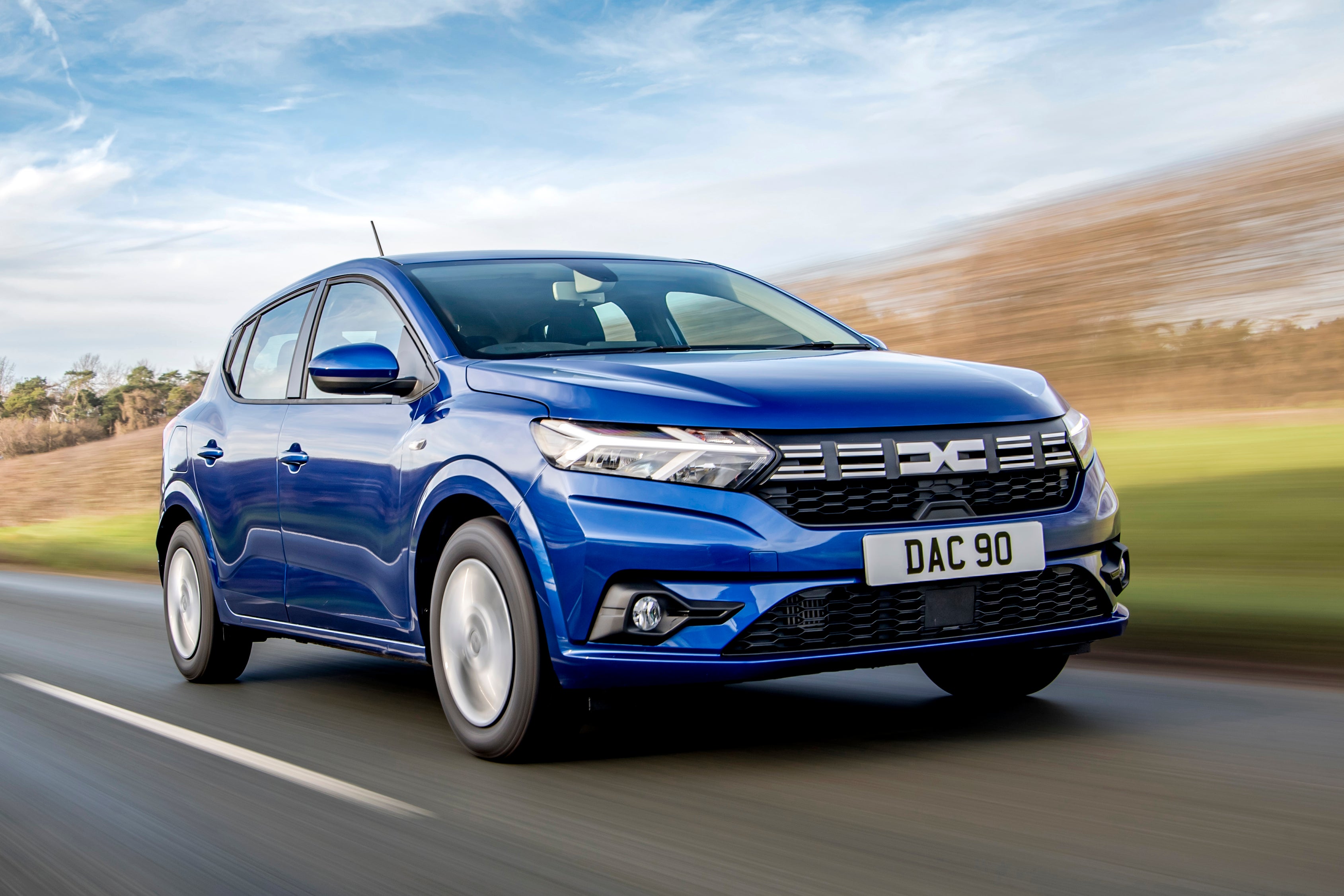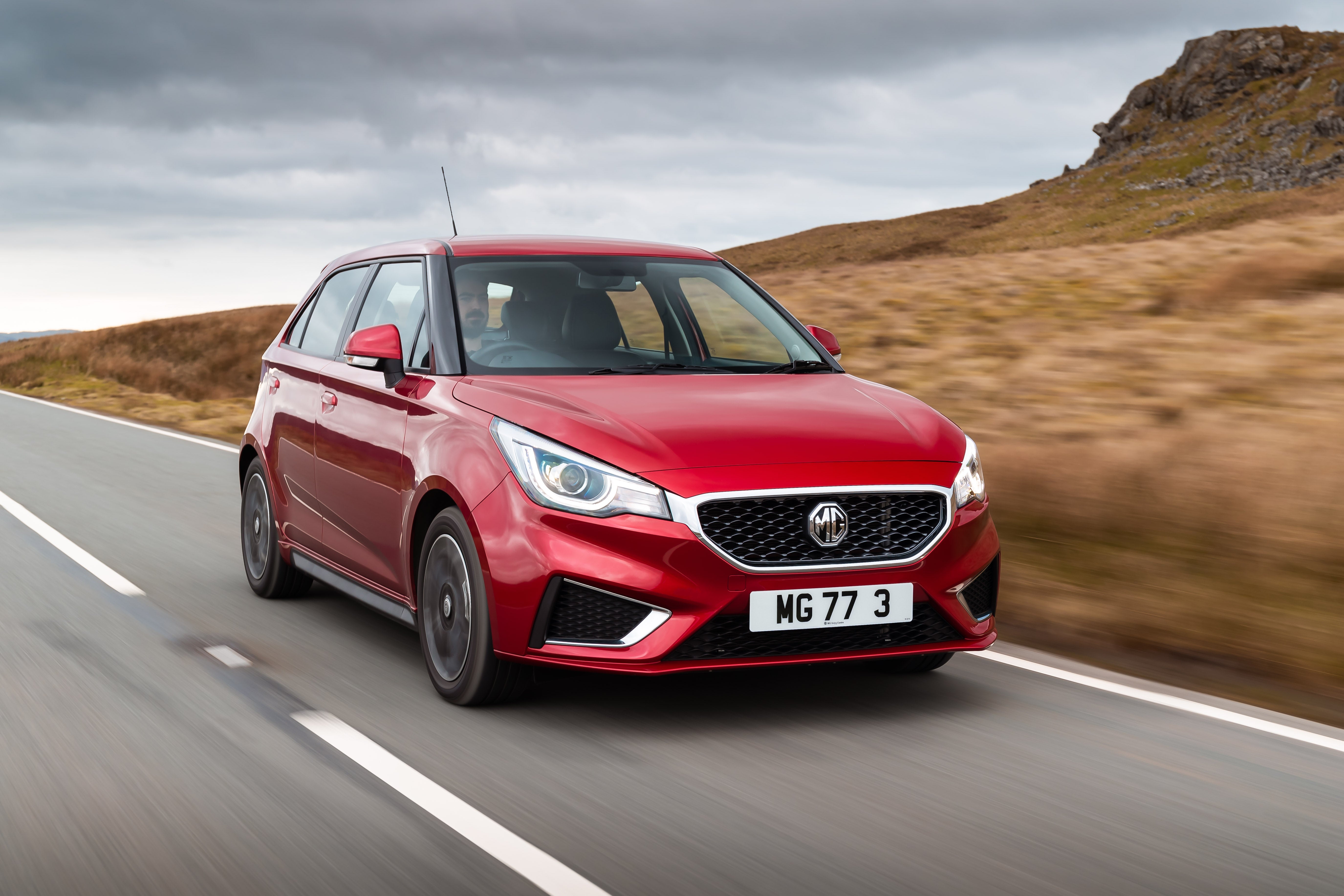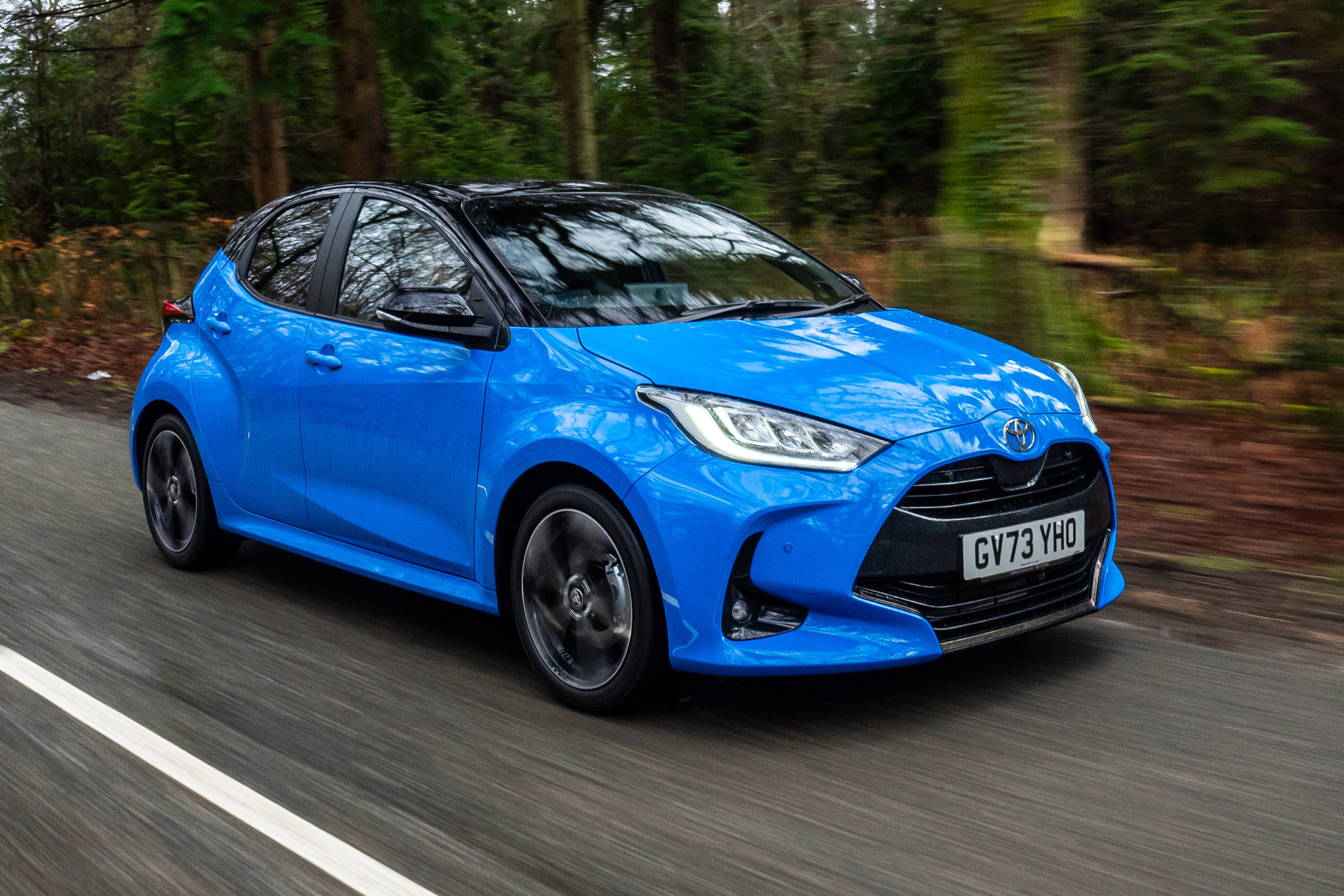
The new Suzuki Swift has been revealed ahead of arriving at UK dealers in spring 2024.
With a stylish appearance and smart interior, the new Suzuki Swift aims to continue the popularity of today’s five-door small car, which offers great value motoring to those who want a quality car without breaking the bank.
The new Suzuki Swift is the fourth generation of this well-liked five-door supermini, which has been on sale since 2004. More than nine million Suzuki Swift have been sold, in almost 170 countries, meaning the new model has a lot to live up to.
The new Suzuki Swift will enable the firm to better compete with direct rivals such as the able Dacia Sandero and Dacia Sandero Stepway, the value-priced Citroen C3 and MG 3, plus the city-friendly Kia Picanto and Hyundai i10.


New 2024 Suzuki Swift: price and release date
The new Suzuki Swift is likely to continue the great value pricing of today’s model, which starts from just over £17,000. Even the most popular model, the Suzuki Swift SZ-T variant, costs from under £20,000.
New Suzuki Swift prices will probably start from around £18,500, reflecting the extra technology on board. But the car’s added appeal will ensure used values are strong, and this will help keep monthly payments in check.
The new Suzuki Swift will have its UK release in spring 2024. Ahead of this, the company will confirm full UK prices and technical information.

New 2024 Suzuki Swift: exterior and interior
The new Suzuki Swift has a more distinctive exterior appearance. At the front, there is a more pronounced grille, which is finished in piano black. Wraparound-style headlights are eye-catching, particularly on the move thanks to an L-shaped LED signature lamp.
The new Suzuki Swift has more pronounced wheelarches both front and rear, with sporty-looking bulges sitting below a strong shoulderline. This runs from front to rear, and wraps into the prominent clamshell-style bonnet.
The new Suzuki Swift has rear combination lamps that have a 3D appearance and bi-colour design. With a wider rear bumper, Suzuki says the new Swift has a stronger, more stable appearance from the rear.
The new Suzuki Swift is available in eight single-tone paint colours, and four dual-tone colours, complete with a contrast black roof. A new colour, Frontier Blue Pearl, joins Burning Red Pearl as one of Suzuki’s ultra-rich, deep and vivid three-layer paint choices.
The new Suzuki Swift has a much-improved interior too. It has a more structured appearance and the centre section is now angled towards the driver. Colourful, easy-to-read dials sit behind a sporty three-spoke steering wheel.
In the centre, the new Suzuki Swift now has a freestanding 9.0-inch colour touchscreen. This marks a big improvement over today’s car, with the HD capacitive display operating more quickly and accurately. It also has Apple CarPlay and Android Auto, with connectivity via both Wi-Fi and USB. There is voice recognition and Bluetooth music playback as well.
The new Suzuki Swift also has a smartphone app called Suzuki Connect. This alerts users, in real time, about the state of their vehicle, including where it’s parked, whether it’s locked, whether there are any warning lights showing plus a geofencing system that can restrict its usage outside of specified times – ideal for parents looking to keep their children safe.
The new Suzuki Swift now has a dual-tone dashboard with black and light grey sections which blend into dual-tone door trims. Satin plating and satin dark silver paint accents give a sporty look. The new Suzuki Swift also retains easy-to-use manual climate control buttons.

New 2024 Suzuki Swift: engines and gearboxes
The new Suzuki Swift launches with a revised 1.2-litre three-cylinder petrol engine. Instead of a turbocharger, it has a 12V mild hybrid system, which helps give more immediate response to the accelerator pedal and also helps extend the engine stop-start operation.
The new Suzuki Swift has more low-speed pulling power, while both fuel economy and emissions are improved. A novel option is the Allgrip Auto four-wheel drive version, which sees the rear wheels automatically engaged when the front wheels lose grip. Suzuki says it provides better grip on snow-covered roads and other slippery surfaces.
It remains to be seen whether there will be a new Suzuki Swift Sport, the ‘warm hatch’ version of the Swift. Today’s model has a 1.4-litre turbo petrol engine with a 48V mild hybrid system. More details of other models will be confirmed nearer to the new Suzuki Swift’s 2024 UK launch.
The new Suzuki Swift has more safety assist features, including a novel driver monitoring system that watches the driver’s eyes and face. If it detects they are distracted or drowsy, a warning alarm sounds, along with an error message on the dashboard.
Also fitted to the new Suzuki Swift is a Dual Sensor Brake Support II system, or DSBS II. This combines a radar and camera to detect vehicles, bicycles and pedestrians in front of the car. It can automatically brake the vehicle in order to avoid accidents, which can reduce the impact of a collision and mitigate damage.
In terms of other safety equipment, the new Suzuki Swift has lane keep assist, lane departure prevention, adaptive cruise control, a traffic sign recognition system, blind spot monitor and rear cross traffic alert – which is a boon when reversing out of tight supermarket parking spaces.

Find a used Suzuki Swift for sale
The current Suzuki Swift remains a very popular new car choice, and is a model that is just as able secondhand too. A two-year old 1.2-litre used Suzuki Swift can be yours from under £12,000, while the more powerful 1.0-litre Boosterjet is a little pricier but well worth the extra if you can afford it. We'd also recommend checking out the fun Suzuki Swift Sport, which serves up enjoyable performance without costing you a fortune in fuel.
Looking for more new car news?
We have all the news here at heycar on the new Tesla Cybertruck, one of the most eye-catching new cars of all. Meanwhile, an affordable new car to watch in the future is the 2026 Renault Twingo. This aims to bring electric car motoring down to a more accessible price tag. But if you need something with more space, we have revealed everything you need to know about the new 2025 Renault 4. And if both of those are a still a little too far off – or you're not ready to go electric just yet – the new 2024 Dacia Duster could be right up your street.
The 9.0-inch touchscreen infotainment system of the new Suzuki Swift is much-improved over today’s car. It has a clearer display and is more responsive to the touch. It also has Apple CarPlay and Android Auto.
The new Suzuki Swift will be a much-improved version of a car that’s very popular today. Those spending their own hard-earned cash rate it highly, which means the new Suzuki Swift is likely to be a good car, too.
The new Suzuki Swift is not electric. Instead, it has a 12V mild hybrid system, that pairs a fuel-efficient petrol engine with a ‘self-charging’ hybrid system that helps save fuel.
Find your perfect used car
Whether you're looking for an automatic car, an SUV or even a campervan, we've got the used car for you


